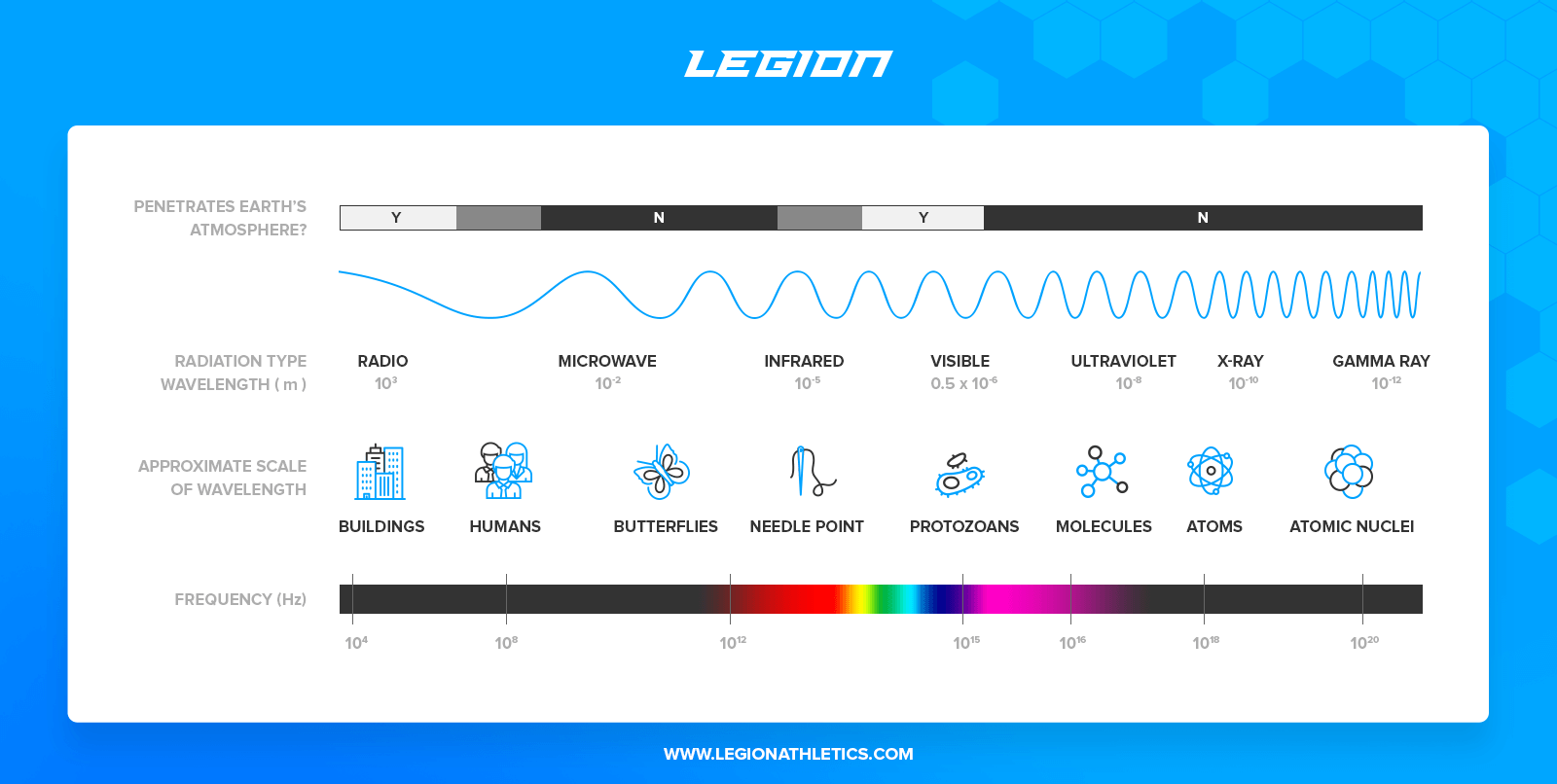
Even though a single meal per day might be appealing to some, it can have serious consequences. One, it can make it difficult to exercise and prevent you from enjoying a wide variety of social experiences. It can also restrict your ability to make good choices and encourage mindful eating. This article will address some of the adverse effects of a one-meal-a-day diet.
Intermittent fasting
If you're tired of skipping meals try OMAD, the "one meal-a-day diet." You can get more nutrition by restricting your meals to only one meal per day. Although the method is difficult, it can boost your metabolism and promote health.
Intermittent fasting is not for everyone. This is not recommended if you are under the age 18, pregnant women, or have diabetes or blood sugar problems. It has different effects on different people. Before you begin the fasting, it is a good idea to speak to your doctor.
Aim to eat one meal a week
Although eating one meal per day can have its benefits, it can also cause side effects. A study has shown that consuming only one meal per day can raise your cholesterol and blood pressure. This diet may not be right for everyone, particularly those with chronic health conditions. It can also lead spikes of blood sugar. Some studies asked participants to skip breakfast. The results indicated that participants had higher morning blood glucose levels.

A study in 2012 showed that eating only one meal a day is unhealthy and can affect your health. In the study, mice fed only one meal per day increased their body weight and insulin levels. Additionally, their fatty tissues showed an increased level of oxidative injury. The researchers found that participants had higher blood pressure, cholesterol, blood sugar, and morning fasting levels.
OMAD diet
The OMAD Diet encourages a lower calorie intake but can lead to excessive eating and cravings for unhealthy foods. Additionally, this diet can be hard to maintain long term, and it may cause you to gain weight, especially for those who have a lot social interaction.
The OMAD diet is not a good choice for anyone with gastrointestinal problems. It could also affect medication absorption and increase side effects. It could cause malnutrition for people who have suffered from eating disorders.
Health benefits
A lot of research shows that you can lose weight by eating just one meal per day. But, a 2012 mouse study has shown that this could lead to worsening of your health. The mice who ate only one meal a day had a higher body weight and more insulin and fat in their blood. They were also at greater risk for oxidative harm, which can negatively impact your overall health. A study by another group found that those who ate just one meal per day had higher blood glucose levels in the morning, and lower levels in the afternoon.
One meal per day is the theory behind calorie restriction. A person who only eats one dinner per day will have fewer calories. This allows the body's fat to be used as fuel. Since you have been fasting for 23 hours, your body will have more fat than usual to fuel the body. This allows for quick energy and aids in fat mobilization. In the end, you want to eat fewer calories, but more often.

Dangers
A limit of one meal per day could be dangerous for your health. Studies have shown that it increases insulin levels and fat in the blood. It slows down your metabolism. It can cause fatigue, irritability and unfocused. Poor food choices can also be a result.
You can suffer from disordered eating and other health problems. It can also cause nutritional deficiencies that can have grave consequences. Some people who adhere to this diet plan tend to eat high-calorie and processed foods. This can be problematic for some people, but you can still live a healthy lifestyle by eating healthy meals and snack.
FAQ
What foods help me lose weight faster?
By eating less calories, you can lose weight quicker. There are two ways to do this:
-
Reduce the amount of calories that you consume each day.
-
Through physical activity, you can increase the amount of calories that you burn.
It's easy to reduce how many calories you consume. It's no surprise that we are constantly bombarded with high-calorie fast food options. Here are some foods that can help you lose those extra pounds.
-
Beans are high in fiber and protein. They contain almost no fat, making them an ideal choice for dieters who want to reduce their caloric intake.
-
Oatmeal is low on calories but high in nutrients, such as magnesium or potassium. Oatmeal is lower in sugar than other cereals.
-
Eggs are full of cholesterol and protein. Eggs can be eaten once or twice per week to increase metabolism, which will help you burn more calories during the day.
-
Whole grain bread may help you feel fuller, longer.
-
Dark chocolate is loaded with antioxidants and flavonoids, substances that have been linked to lower blood pressure and improved heart health.
-
Cottage cheese is rich in calcium which aids in bone strength. Cottage cheese is also high in calcium, which aids in bone strength.
-
Omega-3 fatty acid rich salmon is good for your brain and cardiovascular health.
-
Green tea contains a lot of catechins. These are compounds that can fight cancer and improve metabolism.
-
Broccoli is a great source of folic acid, which reduces homocysteine levels in the blood. A higher risk of developing heart disease and stroke is associated with high homocysteine levels.
-
Yogurt, which is low in sugar, is a great option to add probiotics to your diet. Probiotics are essential for digestive health.
-
Berries can be a healthy snack choice that tastes great and is very nutritious. Blueberries (strawberries), blackberries; raspberries and cranberries all provide excellent sources of vitamins.
-
Avocados are rich in healthy fats. A half avocado has only 80 calories and offers plenty of filling fiber and potassium.
-
Nuts make a delicious snack and are also a good source of protein. There are many great options for nuts, including cashews and hazelnuts as well as walnuts, pecans, hazelnuts and hazelnuts.
-
Sweet potatoes are another starchy crop that is rich in beta carotene. This makes your skin glow. The orange sweet potato variety has a higher level of beta-carotene than regular sweet potato varieties.
What can I eat while on intermittent fasting in order to lose weight?
Cutting out carbs is the best way to lose weight. This means avoiding bread, pasta, rice and potatoes as well as other carbohydrate-based foods.
Also, you should avoid eating too many protein as it can make you feel fuller for longer. So you won’t feel hungry as often.
Instead, focus on foods that contain healthy fats, such as olive oil, avocado, nuts, and seeds. These foods are satisfying and will keep your hunger at bay for hours.
It is vital to ensure that you are drinking enough water. Water helps you stay hydrated, which makes it easier to burn fat.
You may find that you actually crave these foods when you fast. These cravings don't necessarily mean that you should give in. If you do that, you may gain more weight then you lose.
Try to limit how many calories you eat each day. This will help prevent you from overeating. If you feel hungry, drink water and not reach for another snack.
It might sound counterintuitive at first, but it has been shown that this can help you slim down. A study published online in Obesity revealed that people drank more plain water than they did sugary drinks.
Additionally, plain water can help reduce hunger pangs. So if you really want to lose weight, skip the sweetened beverages and stick to water.
To lose weight, you don’t have to count calories or restrict certain foods. Instead, try to make small changes in your life.
For example, you can start by swapping your usual breakfast sandwich for a bowl of oatmeal. Or swap your afternoon cookie for a piece of fruit.
These simple changes will help you shed weight quickly and without spending a lot of time in the kitchen.
Is cardio a way to quickly lose weight?
Cardio exercises are great at burning calories but don't help you lose weight. It depends on how fat you have and what exercise you do.
Cardio exercises may not be sufficient to lose weight if you are overweight.
These should be combined with diet and other forms of exercise.
Cardio exercises, such as running or jogging, can help you lose weight quickly. These activities burn more calories that any other form.
However, if you want to gain muscles instead of losing fat, you must perform resistance training. Resistance training requires the use of free weights and machines as well as elastic bands.
Combine cardio exercises and resistance training to quickly lose weight.
For fast weight loss, combine resistance and cardio training.
Statistics
- According to Harvard Health, it's estimated that a 155-pound (70-kg) person burns roughly 112 calories per 30 minutes of weight training (5). (healthline.com)
- One 6-month study showed that simply doing 11 minutes of strength-based exercises 3 times per week resulted in a 7.4% increase in metabolic rate, on average. (healthline.com)
- Among women, the increase in metabolic rate was nearly 4%, or 50 more calories per day (14Trusted Source (healthline.com)
- One study in 9 active men found that HIIT burned 25–30% more calories per minute than other types of exercises, including weight training, cycling, and running on a treadmill (18Trusted Source (healthline.com)
External Links
How To
How to lose weight fast
There are many quick ways to lose weight. But, many people find them ineffective and unsustainable. It is best to exercise and lose weight quickly through diet. You should eat fewer calories than you burn daily. This means eating fewer calories than what your body burns during normal activities. You must decrease your calorie intake if you want to lose weight quickly.
Foods high in sugar and fat should be avoided as they will increase your appetite. Also, try to drink plenty of water every day. It keeps you hydrated, and your metabolism at its best. These three ingredients can be combined to produce faster results than you could ever imagine.